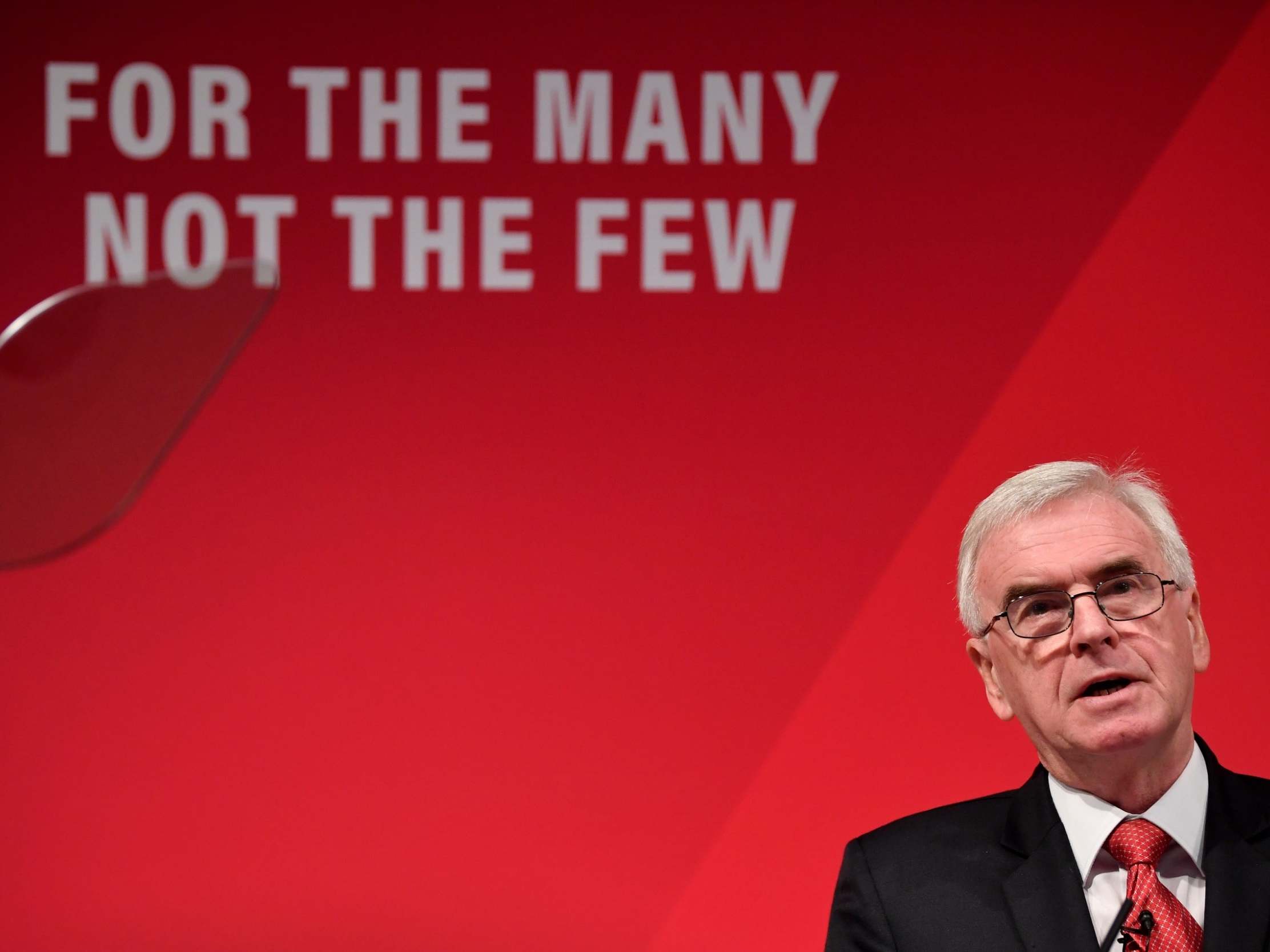Politicians have made a lot of promises ahead of the general election – this is how we report on them fairly
Some pledges are quite obviously unrealistic; others not so much. All the voters can do is use them as an indication of the direction in which the parties want to take the country


I have bad news for the Waspi women. I do not believe that they will get an average of £15,000 if a Labour government is elected on 12 December. The Waspis – it stands for “women against state pension inequality” – are rightly upset about David Cameron raising the women’s pension age, which robbed them of pensions to which they were entitled and on which many of them had relied.
After Boris Johnson said on Thursday that he would like to help but couldn’t “magic up” the money, John McDonnell, the shadow chancellor, appeared on TV on Sunday. He said a Labour government would compensate the women born in the 1950s, at a total cost of £58bn over five years.
This was not in Labour’s manifesto published just three days earlier, and McDonnell couldn’t say how it would be paid for, except to suggest it might come out of the contingency funds that any government puts aside for emergencies.
In reporting the news, though, we journalists can only record what politicians say. We can point out that the promise is unfunded, despite McDonnell’s boasts only three days ago that Labour’s policies were “fully costed”. In our opinion articles, of which this is one, I can say that I think it implausible that a Labour government would keep this promise. The pledges it has already made come to a vast £83bn a year – the equivalent of £1,600 for every adult in the country – and the Institute for Fiscal Studies has described the tax rises to pay for them as “not credible”.
But then nor do I believe Johnson’s promise to “get Brexit done”. Yes, he will take us out of the EU, but that just takes us into a transition period in which we are treated as an EU member until another great Brexit crisis in December 2020.
All the voters can do is use election promises as indicative of the direction in which the parties want to take the country. The Waspi women may not get their money, but we can be fairly sure that a Labour government would be more generous with public money, not just for the victims of that injustice but for public services for all. And the Brexit story won’t be over on 31 January, but we know a Tory government would keep its distance from the EU – and, in the opinion of most economists, make us poorer as a result.
All we journalists can do is try to report what the politicians say, fairly, but give the voters the information they need to make the best possible sense of those promises in an imperfect world.
Yours,
John Rentoul
Chief political commentator
Join our commenting forum
Join thought-provoking conversations, follow other Independent readers and see their replies
Comments
Bookmark popover
Removed from bookmarks